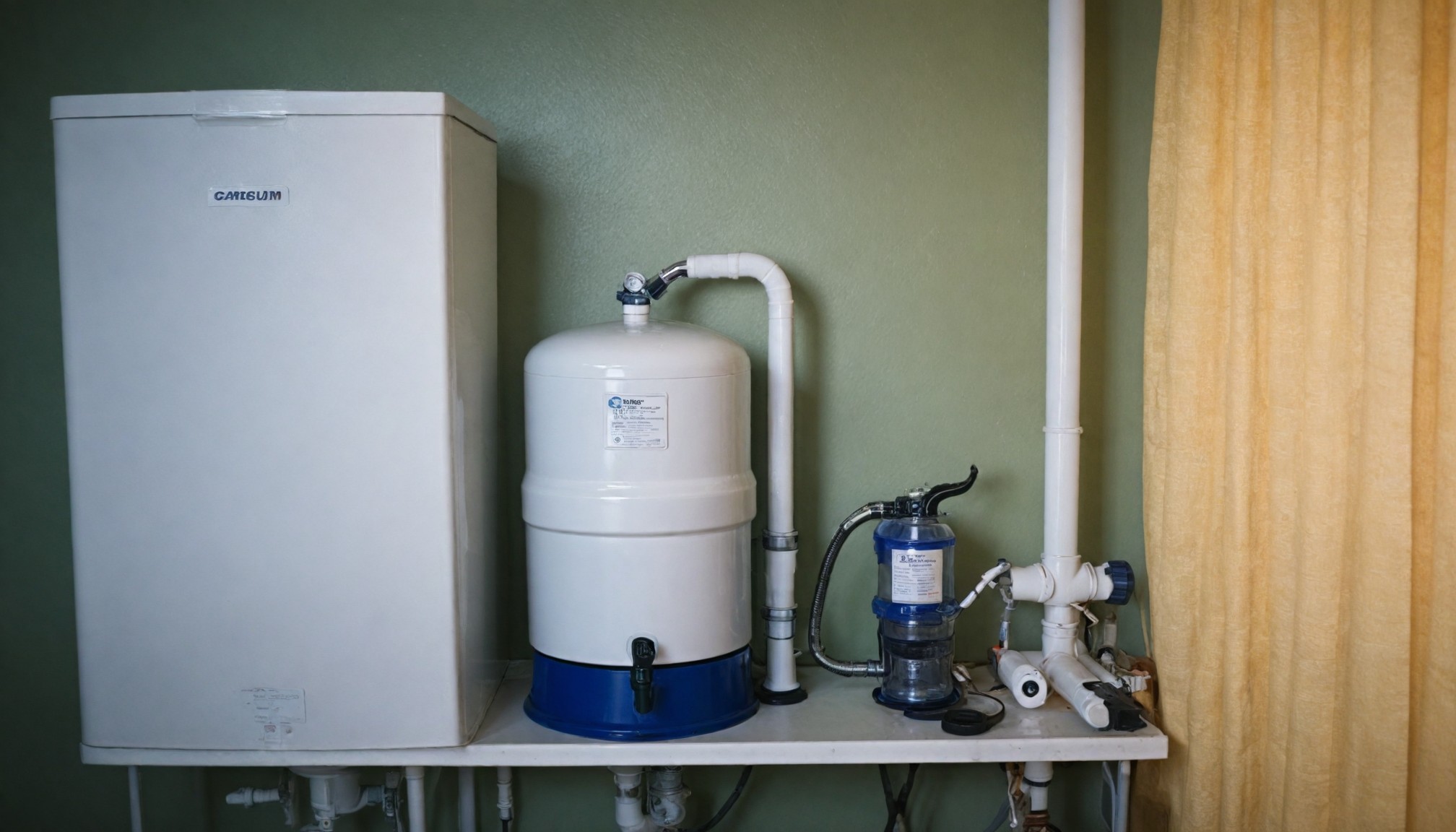
Upgrading Your Home's Water Filtration System for Clean and Healthy Living
Introduction: A reliable water filtration system is crucial for ensuring the quality and safety of the water you and your family consume. Upgrading or installing a water filtration system can improve water taste, remove contaminants, and provide peace of mind. This guide explores different types of water filtration systems and their benefits, helping you choose the best option for your home.
1. Understanding Different Water Filtration Systems:
a. Activated Carbon Filters: Activated carbon filters are effective at removing chlorine, sediment, and volatile organic compounds (VOCs) from water. They improve water taste and odor and are commonly used in pitcher filters and under-sink systems.
b. Reverse Osmosis Systems: Reverse osmosis (RO) systems use a semi-permeable membrane to remove a wide range of contaminants, including dissolved salts, heavy metals, and microorganisms. They provide high-quality purified water and are ideal for households with specific water quality concerns.
c. UV Water Purifiers: UV water purifiers use ultraviolet light to kill bacteria, viruses, and other microorganisms. They are effective for disinfecting water without using chemicals and are often used in conjunction with other filtration methods for comprehensive water treatment.
2. Assessing Your Water Quality Needs:
a. Testing Your Water: Begin by testing your water for common contaminants such as chlorine, lead, bacteria, and hard minerals. Home testing kits or professional water testing services can provide detailed results and help you determine the best filtration solution.
b. Identifying Specific Concerns: Identify any specific water quality issues you have, such as unpleasant taste, odor, or visible particles. Understanding your needs will guide you in selecting the right filtration system.
3. Installing a Water Filtration System:
a. Choosing the Right System: Select a filtration system based on your water quality test results and specific needs. Consider factors such as installation requirements, maintenance, and cost.
b. DIY Installation vs. Professional Help: Some water filtration systems, like pitcher filters and faucet-mounted filters, are easy to install yourself. More complex systems, such as RO units and UV purifiers, may require professional installation to ensure proper setup and functionality.
4. Maintaining Your Water Filtration System:
a. Regular Filter Replacement: Follow the manufacturer’s recommendations for filter replacement to ensure optimal performance. Regularly replacing filters prevents clogging and maintains effective contaminant removal.
b. Cleaning and Sanitizing: Periodically clean and sanitize your filtration system according to the manufacturer’s instructions. This helps prevent bacterial growth and ensures the system operates efficiently.
5. Benefits of Upgrading Your Water Filtration System:
a. Improved Water Quality: Upgrading to a high-quality water filtration system can significantly improve the taste and clarity of your water, providing a better drinking experience for your family.
b. Health and Safety: Effective filtration removes harmful contaminants, reducing the risk of waterborne illnesses and ensuring that you have access to clean, safe water.
c. Environmental Impact: Using a water filtration system reduces the need for bottled water, which helps decrease plastic waste and supports a more sustainable lifestyle.
6. Cost Considerations:
a. Initial Investment: Consider the upfront cost of purchasing and installing a water filtration system. While higher-end systems may have a larger initial investment, they often provide long-term savings and benefits.
b. Long-Term Savings: Investing in a water filtration system can save money on bottled water and reduce the likelihood of costly plumbing repairs due to water quality issues.
Conclusion: Upgrading your home's water filtration system is a valuable investment in your family's health and well-being. By understanding the different types of filtration systems, assessing your water quality needs, and maintaining your system properly, you can ensure access to clean, safe, and great-tasting water. Enhance your home’s water quality today and enjoy the benefits of improved health and environmental sustainability.
Recent articles from Home Maintenance

Upgrading Your Home's Water Filtration System for Clean and Healthy Living
Introduction: A reliable water filtration system is crucial for ensuring the quality and safety of the water you and your family consume. Upgrading or installing a water filtrat...

How to Prepare Your Apartment for Winter in 9 Steps — Do It Before December!
During the summer, we often prefer spending time outdoors rather than at home. But in winter, the opposite is true. Here's how to get your apartment ready for the long winter in just nine simple...

9 Simple and Effective Ways to Refresh Your Home
You don’t need an expensive designer project or luxurious furniture to make your home sparkle like new. We've gathered some simple tips that allow you to refresh your home with minimal effort an...